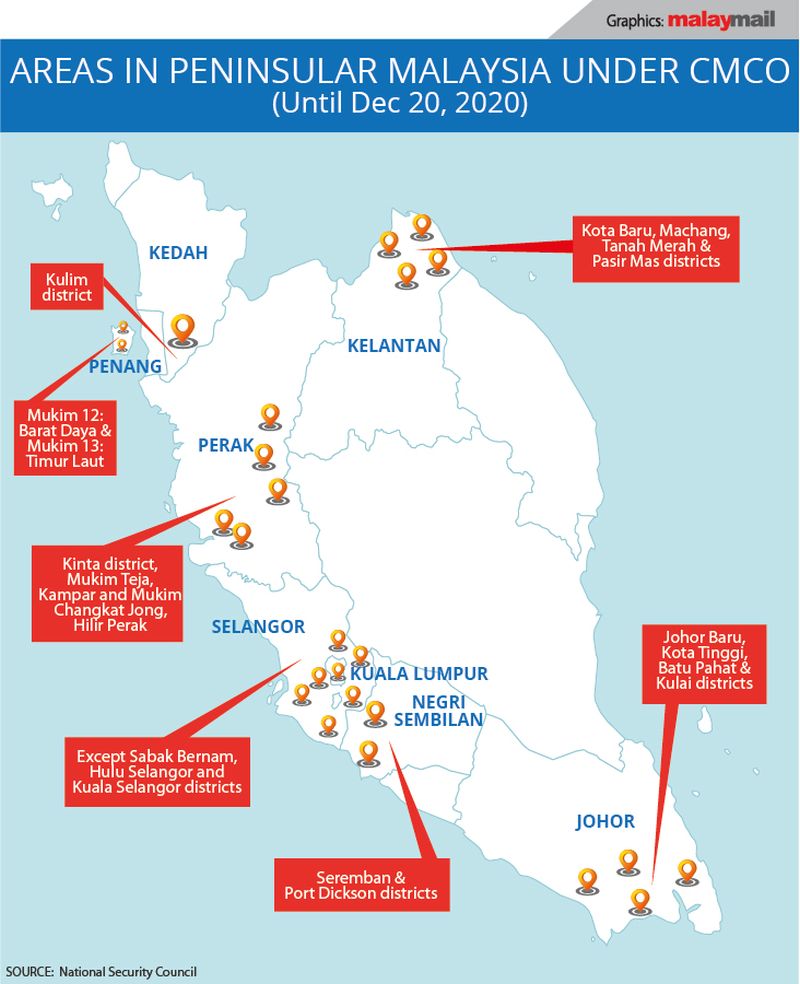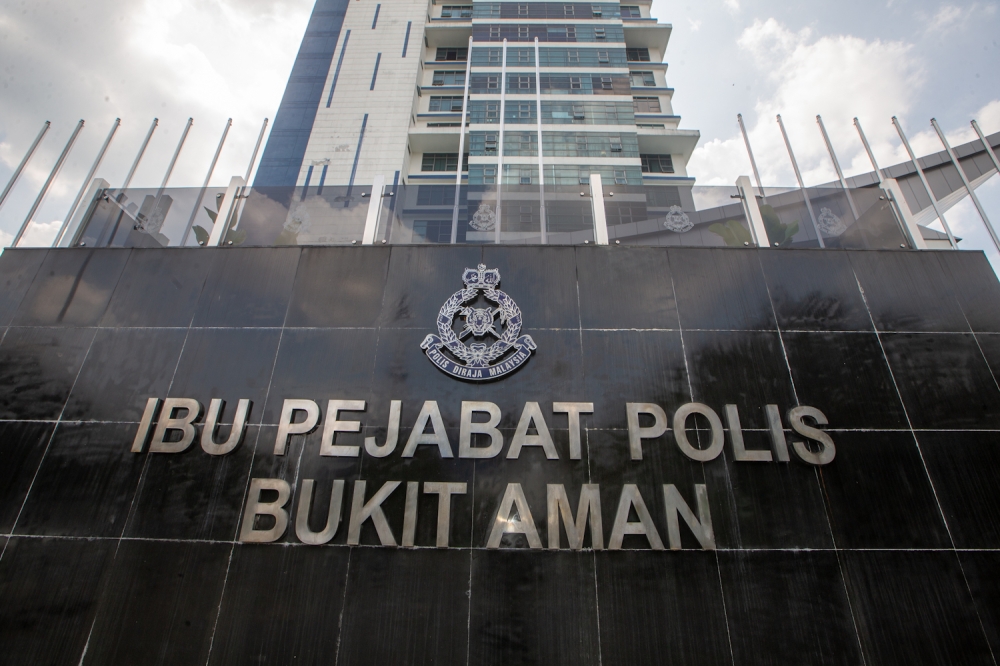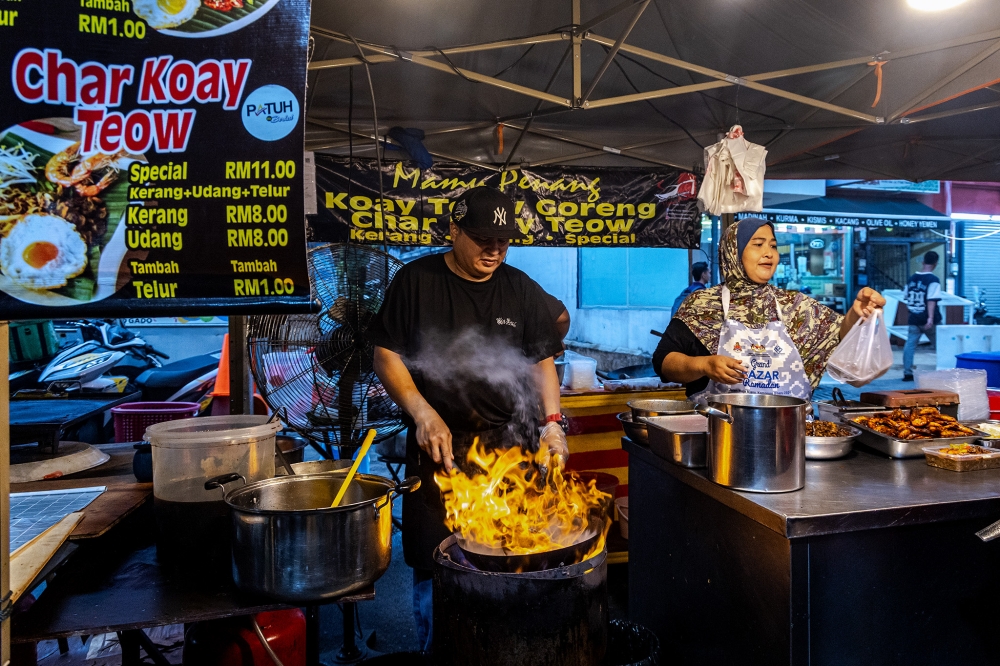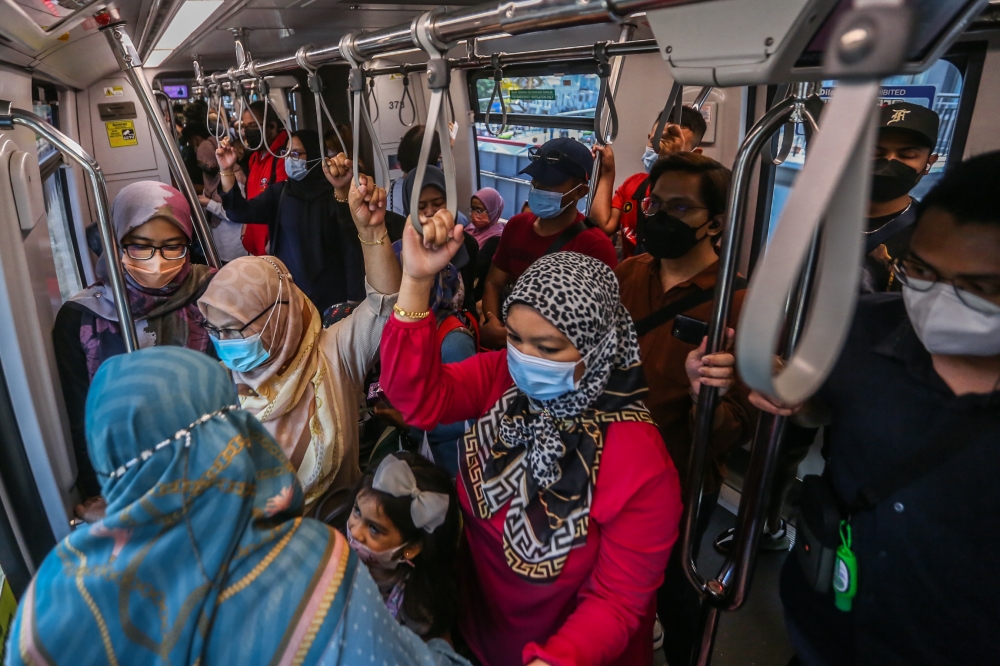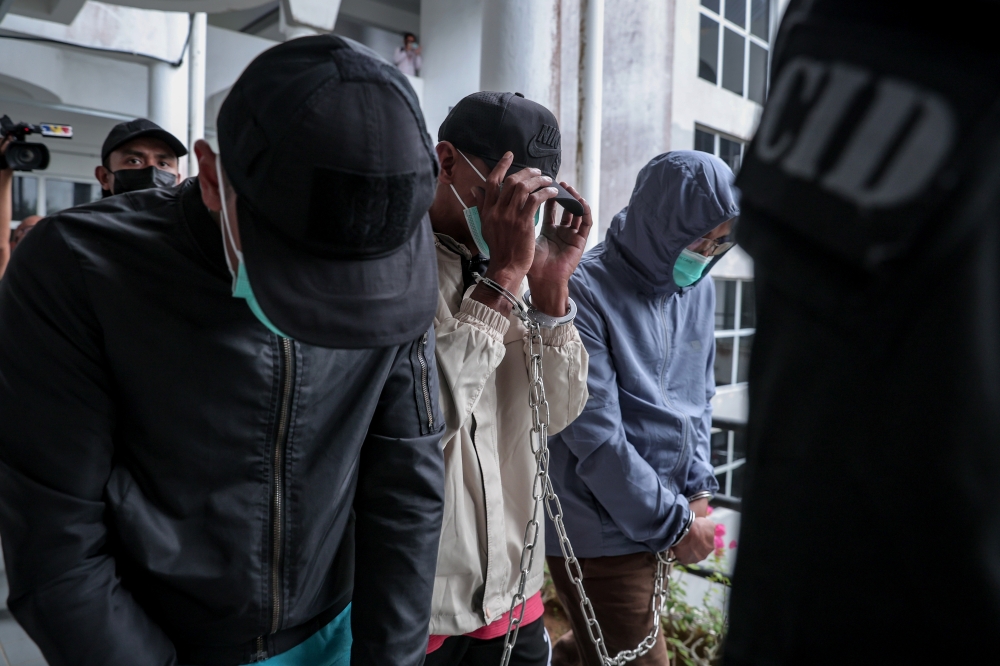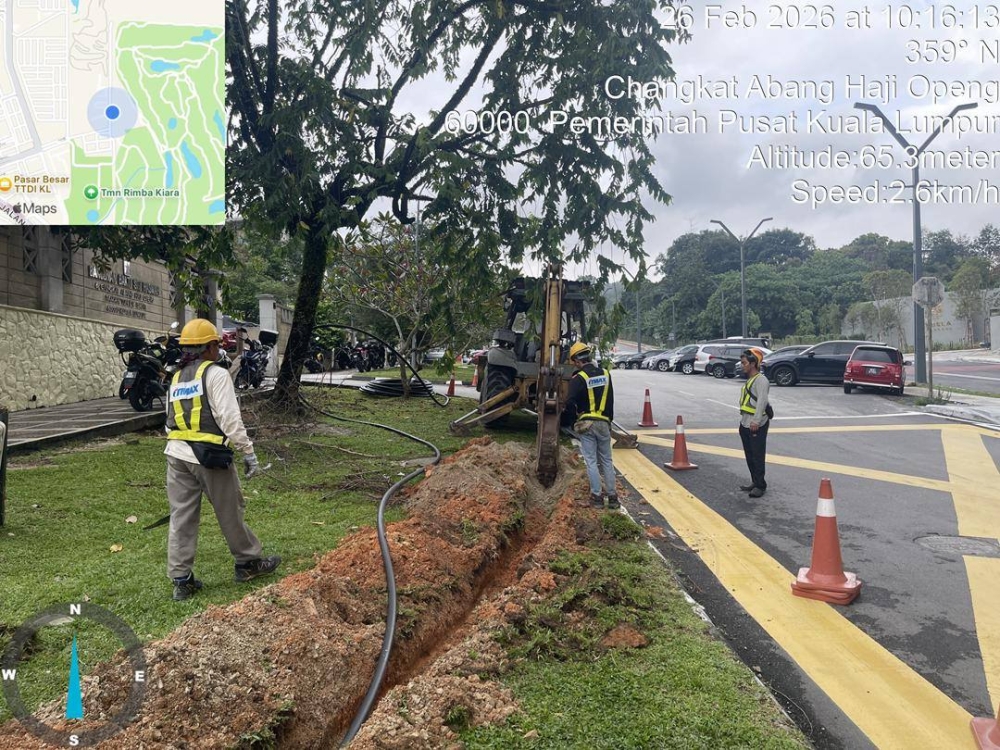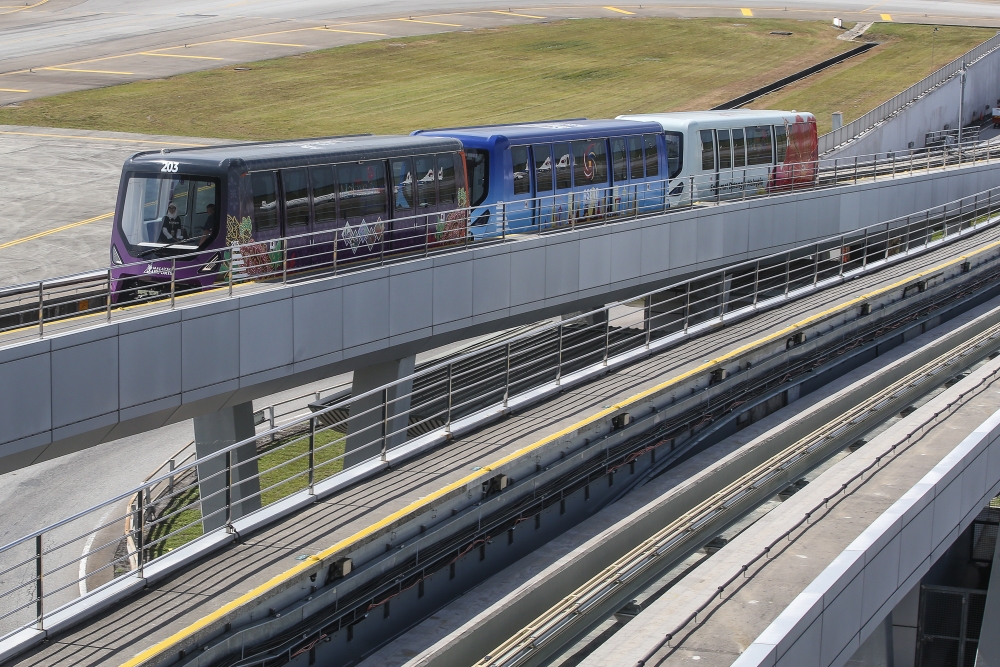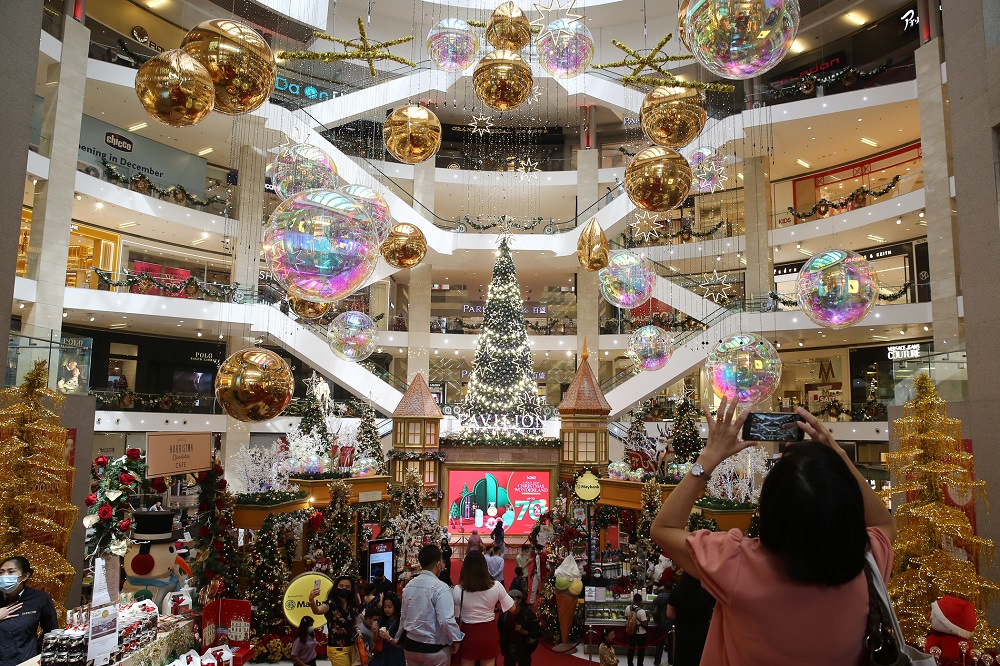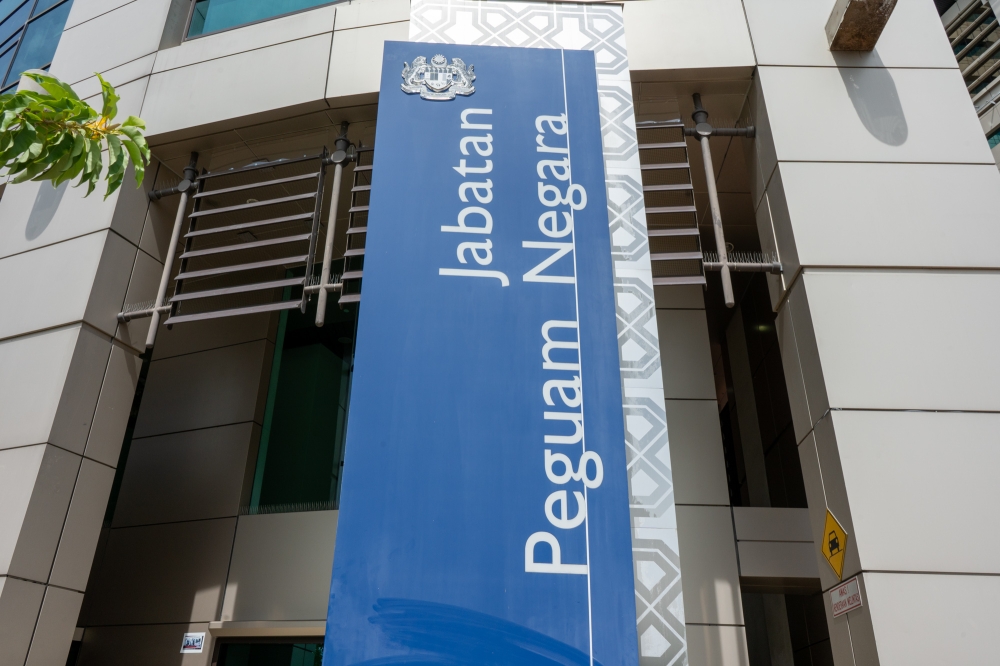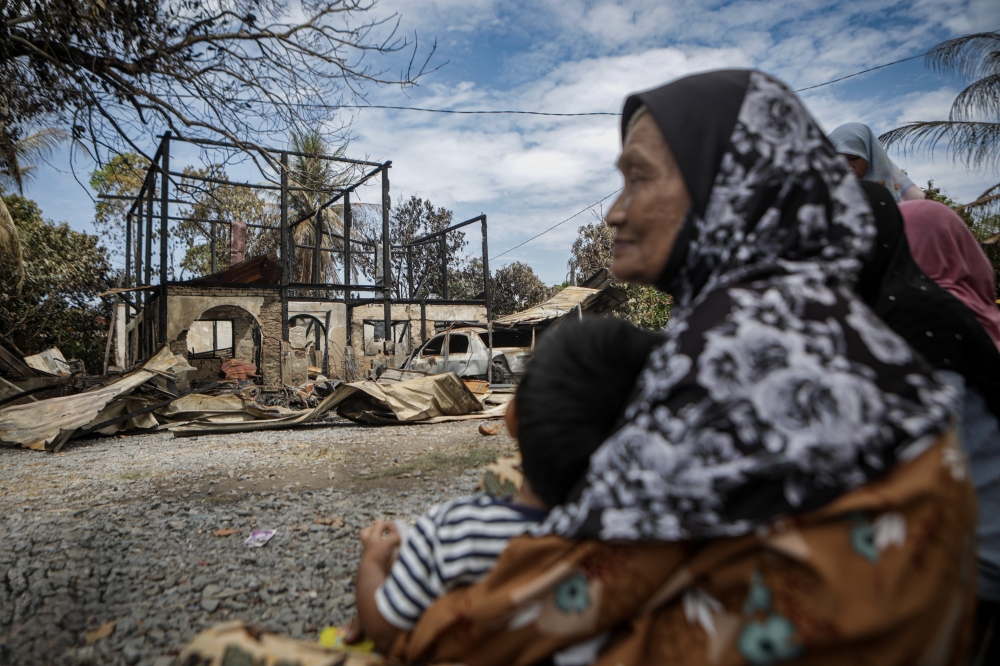KUALA LUMPUR, Dec 10 ― Retailers are asking the government to apply a more targeted approach when it comes to restricting movement instead of implementing a blanket conditional movement control order (CMCO) to control the spread of Covid-19 in the country.
This targeted enhanced movement control order (TEMCO) will at least allow businesses to recover from the fallout of the pandemic.
President of the Malaysian Shopping Mall Association (PPKM) Tan Sri Teo Chiang Kok said the large-scale CMCO has severely dampened the momentum of recovery.
Despite its imminent expiry on December 20 (for eight states, including Kuala Lumpur), he hopes the government will impose TEMCO on buildings and precincts where there are significant Covid-19 cases.
“We advocate that TEMCO should be strictly enforced only in targeted areas and confined to affected locations instead of across all states which has adversely affected businesses even where there are low rates of infections.
“For example, if there is one case per five persons (20 per ccent) this is serious but not one case in a population of say, 10,000 (0.000001 per cent),” Teo said in a written answer to Malay Mail.
Traders and retailers alike have been suffering huge losses since the movement control order (MCO) was first imposed in March and now as Malaysia battles a third wave of infections, the situation is looking gloomy even as Christmas and the usual year-end sales approaches.
According to PPKM statistics, in May less than 10 per cent of shops were open as that was during the MCO period. In June, it picked up to between 70 and 80 per cent, and from July to August 90 to 95 per cent of businesses were open.
The average footfall from July until September was around 75 per cent compared to pre-MCO time. However, in October and November when cases started to spike again the footfall fell to between 35 and 50 per cent.
As for sales, they were at between 10 to 30 per cent in October and November compared to more than 50 per cent in previous months except June where it was around between 20 and 30 per cent.
“Shopping malls had actually started to achieve up to 70 per cent footfall (compared to pre-MCO levels) just before the CMCO was again imposed in October when it fell to between 10-25 per cent and has not improved since then,” Teo added.
His sentiments were shared by the President of the Bumiputera Retailers Association of Malaysia (BRO) Datuk Ameer Ali Mydin who stressed the need for clearer SOPs for enforcers.
The managing director of retail giant Mydin Mohamed Holdings Bhd suggested a more scientific approach to measuring a shoplot to ascertain how many people can enter it at one time.
“There should be clearer SOPs for enforcement officers so they don’t take action based on discretion. For example if we have a 100sq metre space and you divide it by four (based on the one-metre social distancing of one metre to the left, one metre to the right, one metre to the front and one metre to the back which translates to four metres square per person) and you now have 25 people who can enter.
“With these fixed calculations, people will feel safer that they won’t be fined or compounded when they go out to shop or sit together and have a meal as the shopkeepers can now keep a head count.”
Ameer said reports by Retail Group Malaysia (RGM) showed that retail growth is expected to drop by 18.2 per cent in December, a further 2.5 per cent from estimates they made in September.
This is lower than the estimate calculated by the Malaysian Retailers Association members (15.1 per cent) due to the prolonged second CMCO.
Taking into consideration the poor performance recorded during the third quarter as well as the much lower growth estimate for the fourth quarter, RGM revised its annual growth forecast downwards from minus 9.3 per cent (estimate at September) to minus 15.8 per cent for Malaysia retail industry in 2020.
Meanwhile, the Malaysian Retail Chain Association (MRCA) expressed its concerns over the fear factor enveloping the nation when it comes to cases in a particular state.
For example in Selangor, cases are high but the majority of cases are coming from one or two clusters that involve workers at a factory or at the workers’ dorms.
As such, MRCA said consumers are confused and may feel that cases are rife in their areas when in fact it is the opposite.
“With the current situation, brick and mortar stores will be severely affected if the “fear factor” is not removed or reduced. Currently many are confused with the SOPs.
“Consumers are reluctant to go out to shop. If SOPs can be clearly laid down. It will give a boost for consumers to get out of their homes to enjoy the festivities,” MRCA said in a written reply to Malay Mail.
“Footfall in major shopping malls have dropped 10-15 per cent in November. Retailers have to be resilient in planning for good sales promotions to attract sales. We think the retailers will be happy if they can obtain 60 to 70 per cent of sales as compared to last year.”
Apart from that, the groups also said that the traders need urgent help especially when dealing with rent and taxes.
Teoh said he was disappointed that the conditions for tax relief on rental reductions have not been removed, resulting in landlords not being able to extend rental reductions to assist retailers to conserve cash flow.
He highlighted a few areas that the government can intervene in to assist traders preservation of cash flow.
“Extend and remove limiting conditions of SME and 30 per cent threshold for rental rebates for tax relief, extend wage support and remove 500 persons limit, extend Utility Discounts and increase to 50 per cent until December 2021, extend loan moratorium till June 2021 and auto-renew and waive all license and permit fees for 2021,” said Teoh.
